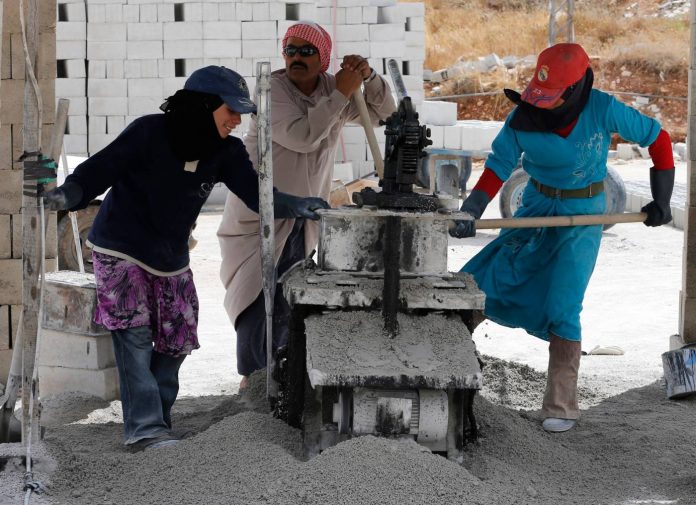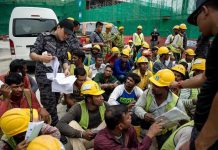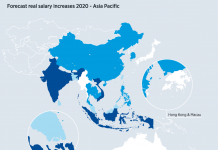A refugee is a person who has been forced to leave their country in order to escape war, persecution, or natural disaster. Thanks to the incredibly unstable geopolitical climate of the world over the past few years, nations around the world have seen an influx of refugees, especially those who are fleeing persecution and war.
Malaysia is one such country to have received a huge influx of refugees relatively recently. Events such as the Rohingya crisis has caused thousands to flee to the safety of the Southeast Asian peninsular.
While it might be the ethical thing to allow safe haven for refugees, many see this as an opportunity to increase the workforce. Some have argued that refugees should be granted permits to legally seek out work within Malaysia so that they may earn a living in their new home and contribute to the economy instead of just receiving charity.
Their arguments are sound, but some have also voiced concerns over the implications that might arise from the sudden injection of workers in the workforce. One such worry is the fear of refugees being picked for jobs over locals.
Deputy Prime Minister Dr Wan Azizah Wan Ismail gave her assurance in a recent statement that any approval for refugees to work in the country will not be made at the expense of Malaysians. She made it clear that the government want to provide jobs for the refugees to sustain their lives, but that it should not come at the expense of local interests.
“We want them to work, but there are ways in which they can work in Malaysia without jeopardising the employment opportunities of Malaysians. It will also be determined whether they are really refugees (holders of UN High Commissioner for Refugees cards), and not economic refugees,” she said in reply to an oral question in the Dewan Rakyat (House of Representatives).
According to UNHCR statistics, Malaysia has 124,753 refugees and 48,978 asylum seekers as of May this year. Of the total number of refugees and asylum seekers, 93,138 or 53.6 per cent are Rohingya.
Wan Azizah said that a pilot project is currently ongoing to allow Rohingya UNHCR card-holders to work and the government is studying whether to maintain or amend it.
“We have a pilot project on employment in the plantation sector, at Sime Darby Plantation Bhd, but there is a problem because the Rohingya are not suitable for this type of job. In the manufacturing sector, at Gardenia Bakeries, less than 100 are employed,” she said.
The government has also acknowledge the issues of abuse regarding the UNHCR cards. There have been confirmed cases where the card has been cited as an excuse when detained by law enforcement for working illegally.
“When arrested, they show the card and claim immunity,” said Wan Azizah.
She also said that the government is in negotiation with the UNHCR to offer the services of the police and Immigration Department to help refine the registration of refugees now undertaken unilaterally by the UN agency.






















